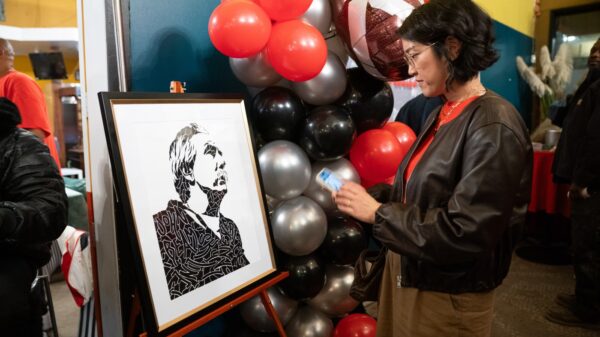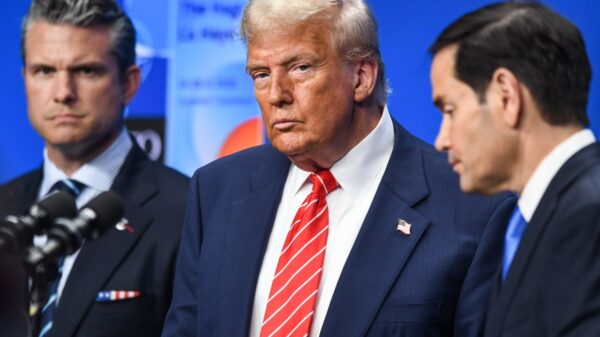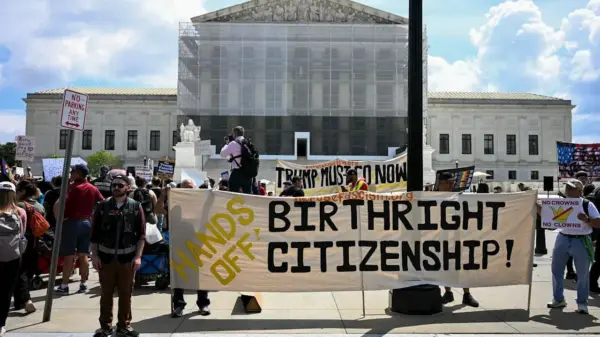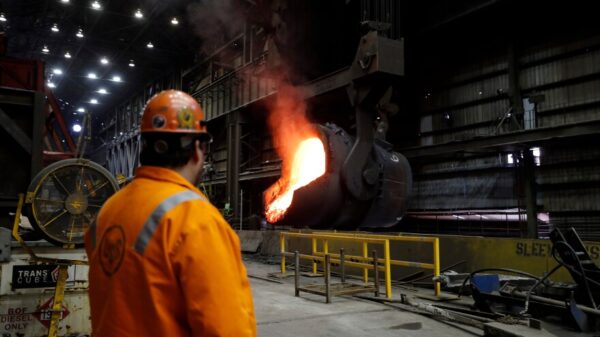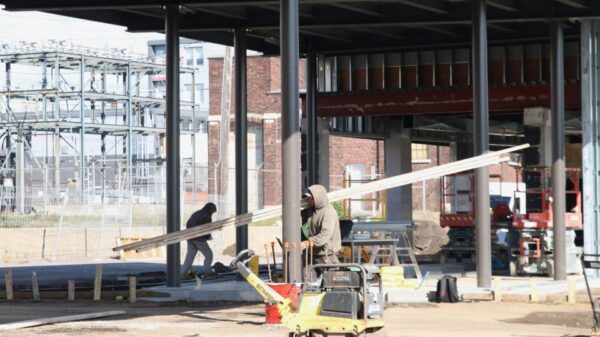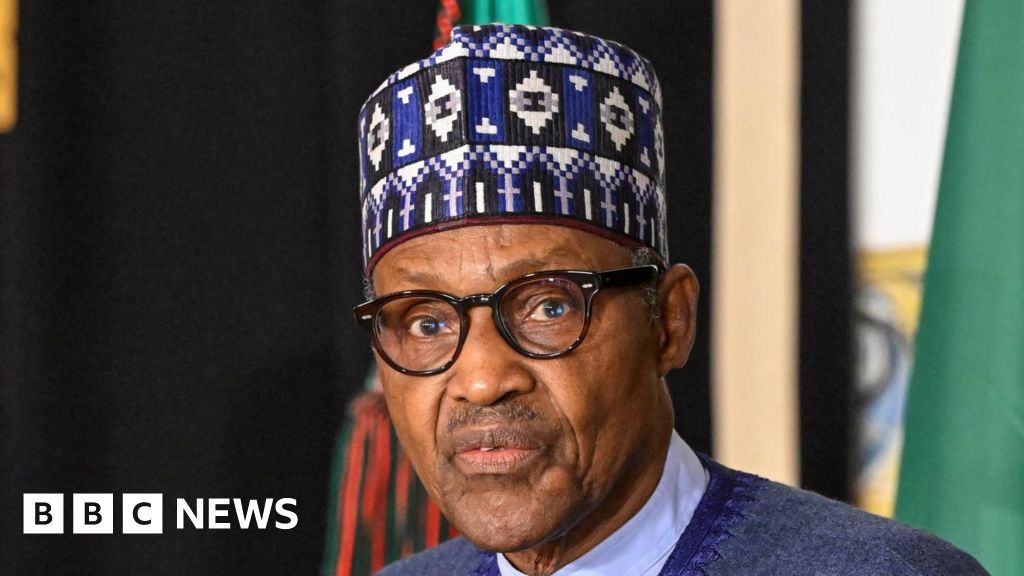Muhammadu Buhari, the former President of Nigeria, has died at the age of 82 in a clinic in London. Buhari, who served as both a military ruler and a democratically elected leader, became a significant figure in Nigeria’s political landscape, known for his commitment to fighting corruption and his military background. His presidency, however, was marked by numerous challenges, including economic instability and security issues.
Buhari’s Political Journey
Buhari first came to power in 2015 when he made history as the first opposition candidate to defeat an incumbent president since the return of multiparty democracy in Nigeria. His victory was largely attributed to a united opposition coalition, as well as widespread dissatisfaction with the previous administration. He was re-elected for a second term in 2019, but his tenure faced significant hurdles.
Despite his reputation for personal integrity, Buhari’s time in office coincided with Nigeria’s worst economic crisis in decades, stemming from a slump in global oil prices. His administration faced criticism for its handling of security threats, particularly from the Islamist militant group Boko Haram, which he had pledged to eradicate during his campaigns. The group remains a significant threat, along with ongoing violent clashes between farmers and herders, which many attributed to Buhari’s perceived inability to address the crisis adequately.
Background and Military Career
Buhari was born in December 1942 in Daura, Katsina State, during British colonial rule. His early life was shaped by his father’s death when he was four years old, and his upbringing under his mother, a Kanuri woman. He attended primary school in Daura and later pursued military training at the Nigerian Military Training College.
His military career began shortly after Nigeria gained independence in 1960. Buhari quickly rose through the ranks, becoming a key figure in the military government that took control in a coup in 1983. As a major-general, he ruled Nigeria for 20 months, during which he implemented strict measures against corruption but also faced accusations of human rights abuses.
Following his ousting in 1985, Buhari spent 40 months in prison before transitioning to party politics, where he advocated for multiparty democracy. His dedication to fighting corruption remained a central theme throughout his political career, illustrated by his modest lifestyle and public declarations of wealth.
Legacy and Impact
Buhari’s presidency left a mixed legacy. While he was respected for his personal honesty, many Nigerians were disillusioned by rising living costs and economic hardship. The price of staple foods, particularly rice, soared during his administration, leading to widespread hunger. A 50kg bag of rice, which cost approximately 7,500 naira (around $5) under former President Goodluck Jonathan, skyrocketed to 60,000 naira within a few years. This drastic increase contributed to a significant loss of support among his constituents.
Throughout his presidency, Buhari’s health issues led to frequent absences from public duties, raising concerns about his ability to govern effectively. He faced scrutiny over transparency regarding his health, leaving many Nigerians uninformed about the state of their leader.
Buhari is survived by his second wife, Aisha Halilu, and their ten children. His passing marks the end of a complex chapter in Nigeria’s political history, characterized by both military rule and democratic governance.
Nigeria continues to navigate its political landscape as it reflects on the legacy of leaders like Buhari, whose impact resonates in the ongoing challenges faced by the nation.



